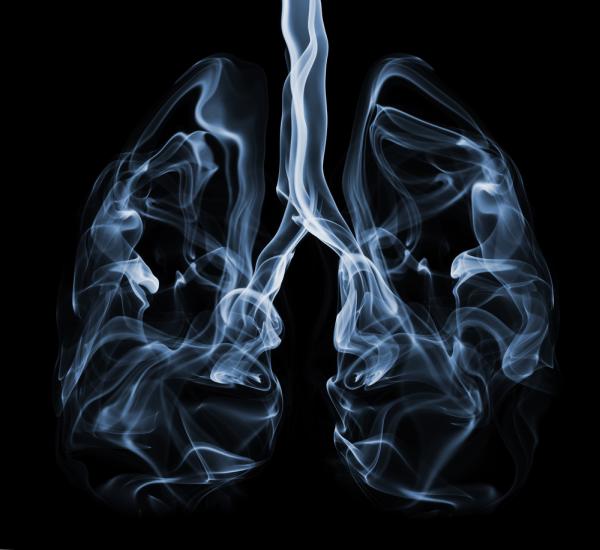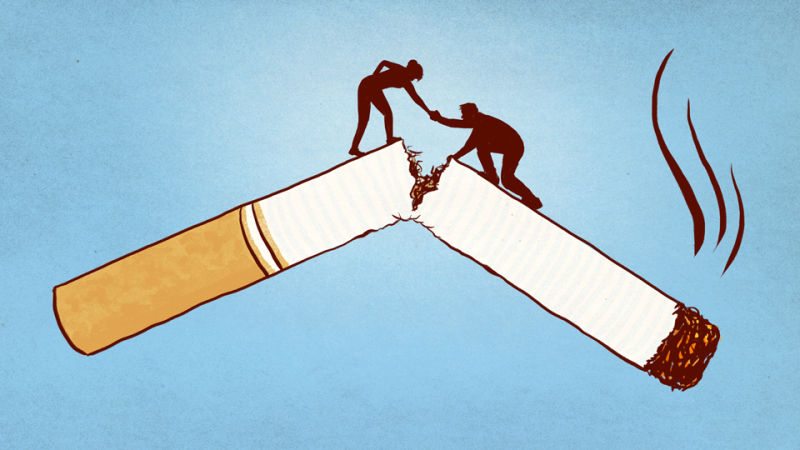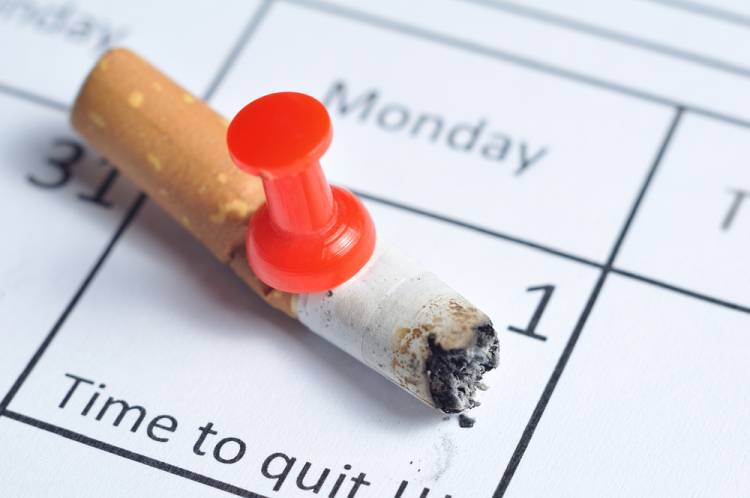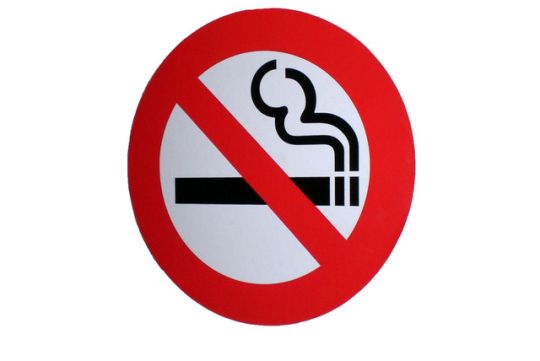British Columbia’s recent wildfires not only devastated vast swaths of the province. They also wreaked havoc on the health of the province’s people, especially those with pre-existing breathing issues such as Chronic Obstructive Pulmonary Disease – also known as COPD.
Research into the impact of smoke on breathing has a long history, typically looking at how smoke affects the lungs themselves. But a study in 2003 took a different approach, looking specifically at the size of its subjects’ airways. The researchers asked a simple question: Does airway size have an impact on how well people cope with wildfire smoke? The study looked at 465 young people who had no history of asthma or other respiratory conditions. Each subject completed a questionnaire about their symptoms and submitted to tests to determine airway size.
The results were clear: a smaller airway can be a marker for difficulties in enduring wildfire smoke.
COPD And The Anxiety-Breathlessness Cycle
This brings us to this past wildfire season, and COPD. Victims of this condition fit the profile of those with smaller airways – the O in COPD stands for “obstructive,” after all. COPD sufferers found themselves struggling through the smoky summer. One of the side effects of this struggle – and with enduring COPD in general – is called the anxiety-breathlessness cycle. When COPD leaves you unable to breathe properly, anxiety and panic can set in. This causes you to hyperventilate, which in turn leaves you breathless. This induces anxiety and panic, a vicious cycle.
Those who suffer from anxiety may be prescribed medication. However, one of the effects of anti-anxiety drugs is to slow one’s breathing, a serious problem for those suffering from breathing issues.
So drugs are not the answer. Instead, relaxation, learning to manage the anxiety and panic in the face of COPD can be more valuable. Learning to manage the stress in your life is key to managing this condition.
Managing Anxiety
Anxiety can be crippling. The wildfire season may have heightened your anxiety, causing you to avoid going out. This anxiety can then lead you to avoid leaving home even after the fire season has passed. So managing your anxiety is a must. While life carries a range of stresses, from family to work to financial concerns, how you manage these sources of stress determines how well you cope with COPD.
This is where we can help. At Fresh Start, we can create a Whole person Restoration Specialty Package customized to your needs and which addresses both your COPD, the anxiety it can cause, and the stresses in your life that contribute to both. You will find a welcoming, low-stress environment that helps you develop new skills for managing shortness of breath and the panic that can result. We can also help you detoxify your body and purge toxins from your tissues.
Our professional staff can support you with the tools and skills that make managing COPD and its side effects easier, dramatically improving your quality of life. While there are numerous aspects of life that can cause stress, they don’t need to impact how you cope with COPD when you have the right tools to cope.
Recovering From Wildfire Season
If you’re feeling like you’re not quite back to your healthiest after the summer smoke, book a free health consultation and lets talk about how a health retreat could recharge your health!
Quit Smoking Program
Learn about the time-tested methods we’ve been using for almost 20 years to help you quit smoking while decreasing cravings, ensuring safe toxin disposal, as well as preventing weight gain and other undesirable side effects. Plus help your body recover from the effects of smoking.
You’ll be taken to our dedicated to Quit Smoking Program website.






